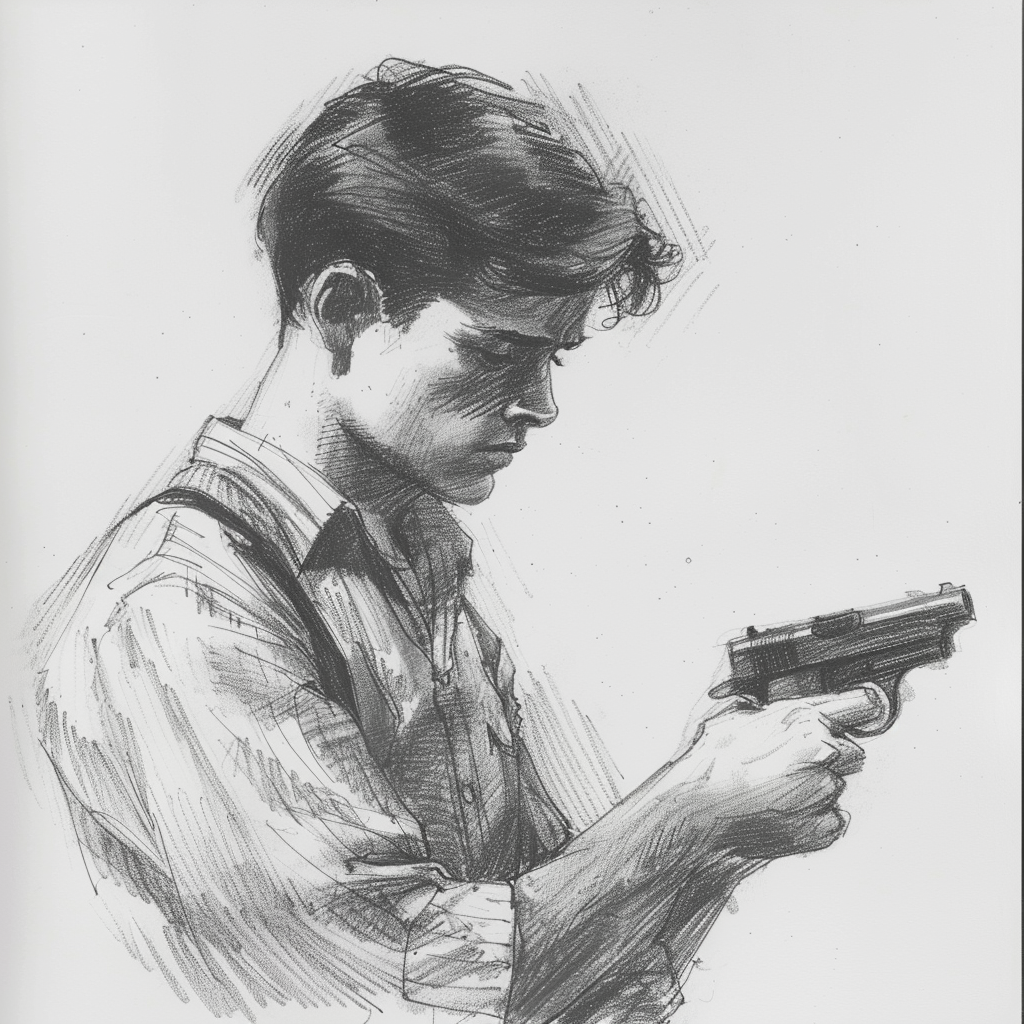When the two brothers met, two opinions clashed that could not have been more different. During the war, my parents had helped prisoners of war and foreign workers to survive at the risk of their lives and had also helped German soldiers to desert.
This post has been moved. Please follow us on Medium to read and/or listen (!) to it in full.
The Bright Side of the Doom, a Prequel to 1984, The 18-Year-Old Who Wrote a Note and Disappeared is now available worldwide in bookstores as a hardcover, paperback, and e-book‼️
